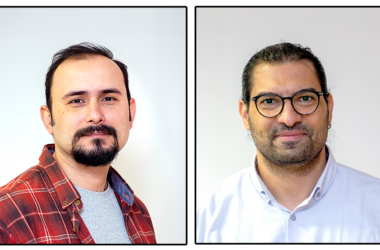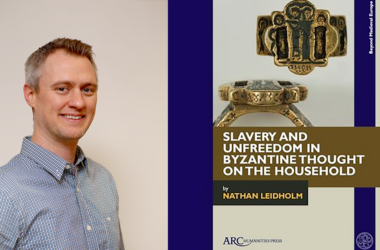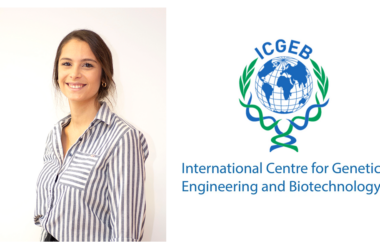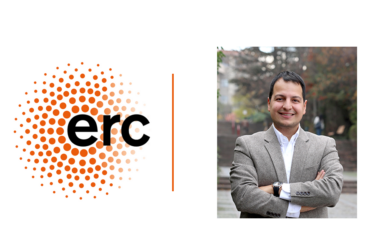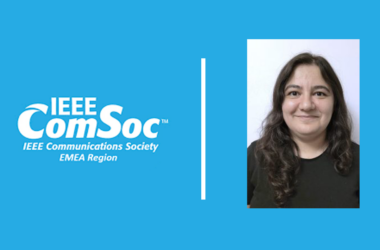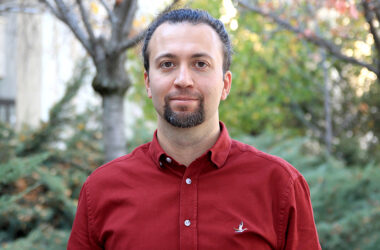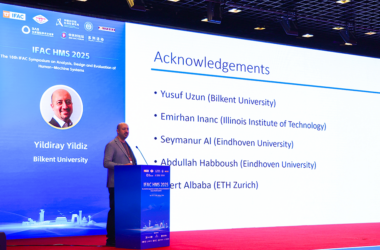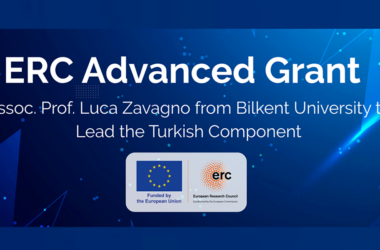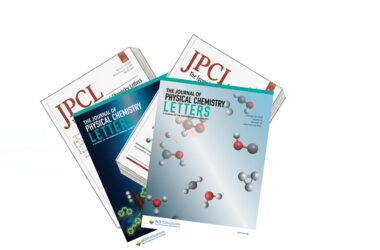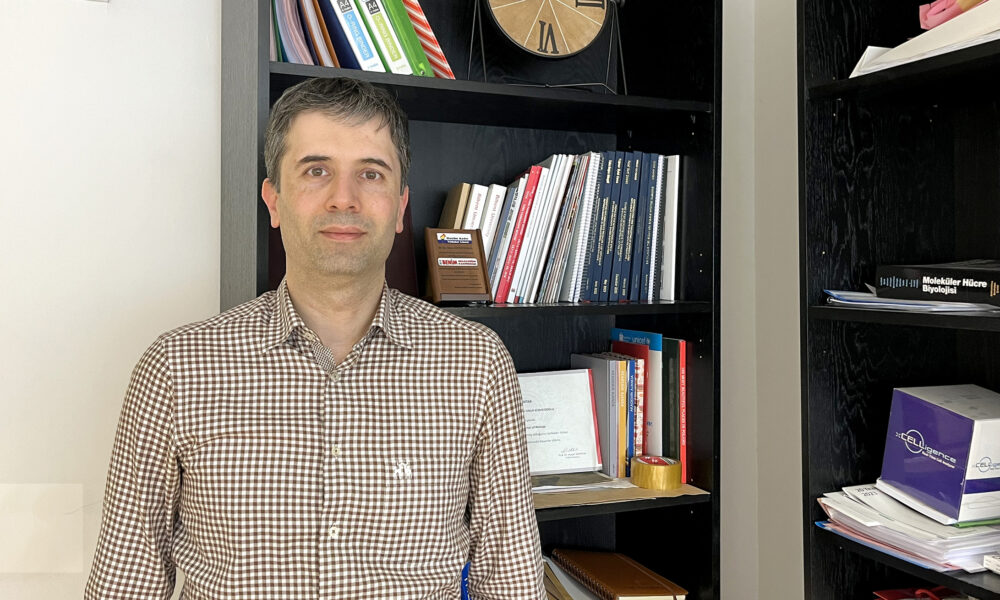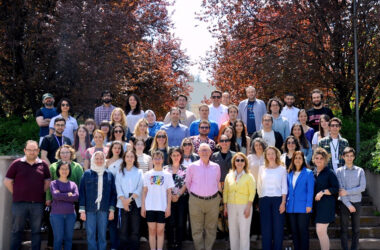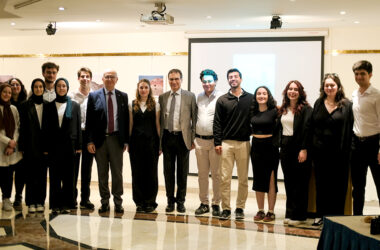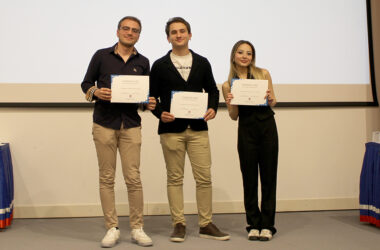Asst. Prof. Onur Çizmecioğlu graduated from the Department of Molecular Biology and Genetics at Bilkent University in 2002. He received his PhD degree in 2009 from the German Cancer Research Center (DKFZ) and Heidelberg University in cell biology. During his PhD and a subsequent concise post-doctoral training in the laboratory of Prof. Ingrid Hoffmann, he conducted research in the fields of cell cycle and centrosome duplication. His efforts in the Hoffmann lab culminated in the publication of key first and/or second author research articles in prestigious journals including The Journal of Cell Biology, The EMBO Journal, Journal of Biological Chemistry, Journal of Cell Science and Cell Cycle. To gain expertise in signal transduction and cancer biology, he joined the lab of Prof. Thomas M. Roberts at Dana-Farber Cancer Institute (DFCI), Harvard Medical School, as a research fellow in 2011. His research at DFCI elucidated unique and redundant features of phosphoinositide 3-kinase (PI 3-kinase) isoforms in regulation of signal transduction and carcinogenesis and resulted in several additional publications in journals like Oncogene, eLIFE and Molecular Cancer Research. In September 2016, Dr. Çizmecioğlu returned to his alma mater and joined the ranks of Bilkent’s Department of Molecular Biology and Genetics as an assistant professor. His current research is centered on how different members of PI 3-kinases are involved in signaling and cancer. He is teaching MBG 302 (Molecular Biology of the Cell II) and MBG 316 (Physiology).
What has been the most exciting moment of your career so far?
Publishing my first corresponding author paper has so far been the most exciting and emotionally fulfilling moment of my career.
What’s one piece of information from your field that you think everyone should know?
There is more than just good and bad cholesterol; there is also an “ugly” type that may promote carcinogenesis, particularly in hormone-dependent solid tumors.
When and where do you do your best thinking?
In my office, in the morning, with a cup of coffee.
What distracts you?
I often tell my students: lateral movement in my field of vision distracts me, especially when I am instructing.
What are you most curious about?
I am most curious about finding exploitable inner weaknesses in cancer cells.
What’s the most common misconception about your work?
Many people think of cancer as a single disease, but it is actually a collection of disorders marked by the uncontrolled growth and spread of aberrant cells. Each form of cancer acts differently, develops from various cell types and requires distinct therapeutic regimens. Understanding this variety is critical for creating successful therapies for certain forms of cancer.
What do you like to do when you are not working?
I like reading historical texts and books.
Which books have influenced you the most, and why?
From my field of work, “The Emperor of All Maladies” by Siddhartha Mukherjee influenced me the most. While acknowledging cancer’s tragic consequences, the book also provides hope by outlining advances in understanding, treating and mitigating the illness. It highlights the resolve of patients, caretakers and researchers in the continuous fight against cancer. From the classics, “The Brothers Karamazov” is by far the best. It stands as a monumental achievement in world literature. I have not read any other book that is so profound for humanity and relevant across generations.
If you weren’t an academic, what career would you choose?
I could have been a war historian.
What is the secret of leading a happy life?
I do not have a secret recipe that could convert copper to gold. Trying to be as responsible and as fair as possible would leave you with fewer headaches.
If you could go back to your undergraduate/graduate student years, what advice would you give to your younger-self?
Don’t pass up even the smallest opportunity to learn more about your profession.
Why did you choose an academic career?
It is an oddly satisfactory feeling to be one of the most knowledgeable people in your field of study, no matter how specific it may be.
What do you like the most about being at Bilkent?
Aside from the intellectually stimulating environment in the MBG department, I like the campus the most.
What projects are you working on currently?
We have several projects in which we are trying to understand more about tumor metabolism and cancer resistance mechanisms against certain targeted therapy agents.
What’s your best work?
Our most impactful work was to help understand how the centrosome, a membraneless cellular organelle that is important in regulating cell division, is duplicated.
Could you share a turning point or defining moment in your career?
I think the PhD defense is one of the most momentous times in an academic career.
Why did you choose Bilkent?
I was a Bilkent undergraduate, so it is only natural that I wanted to return to my alma mater.
